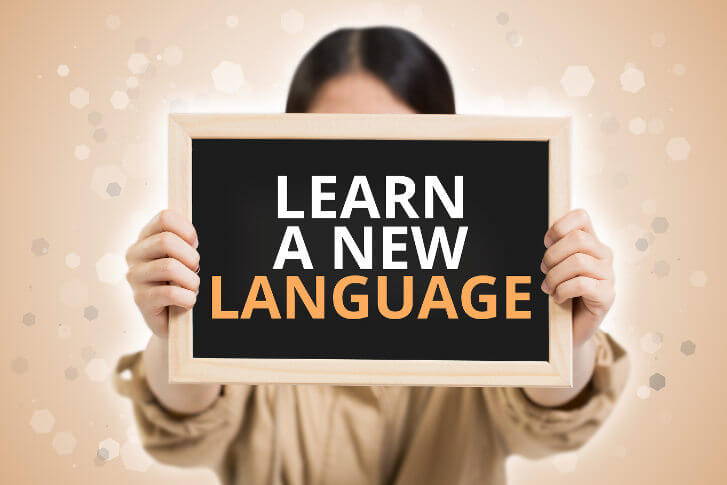Islamic education is a vital component of Muslim identity and an integral part of a Muslim’s journey to deepen their knowledge and understanding of their faith. In many Muslim communities around the world, MAKTAB, or Islamic after-school education, is a primary means by which children are taught about their religion. This article will explore the importance of MAKTAB, its significance in Islamic education, and the impact it has on Muslim communities.
What is MAKTAB?
MAKTAB is a term used to describe Islamic after-school education. In many Muslim communities, children attend regular school during the day and attend MAKTAB in the evenings or on weekends to learn about Islam. MAKTAB classes typically cover topics such as Quranic studies, Hadith, Arabic language, Islamic history, and Fiqh (Islamic Jurisprudence).
The Importance of Islamic Education
Islamic education is an essential part of a Muslim’s life, and it plays a vital role in their spiritual and intellectual growth. Islamic education provides Muslims with the tools to better understand their faith, develop their religious practices, and build stronger connections to Allah. It also helps Muslims to better understand the world around them and their place in it.
Islamic education helps Muslims to:
- Understand their faith: Islamic education helps Muslims to understand the Quran and the teachings of the Prophet Muhammad (peace be upon him) in a more profound and meaningful way. By studying the Quran and Hadith, Muslims can learn about their religious obligations and develop a deeper understanding of their faith.
- Strengthen their connection to Allah: Islamic education also helps Muslims to develop a stronger connection to Allah by teaching them about His attributes and how to live a life that is pleasing to Him. Through their studies, Muslims can learn how to worship Allah more effectively and develop a deeper sense of spirituality.
- Develop their religious practices: Islamic education provides Muslims with the knowledge they need to better perform their religious practices, such as prayer, fasting, and Zakat (charity). By learning the proper way to perform these practices, Muslims can increase their reward in the eyes of Allah.
- Build stronger communities: Islamic education is not just an individual pursuit; it also helps to build stronger Muslim communities. By studying Islam together, Muslims can develop a sense of unity and shared purpose, which can lead to greater social cohesion and support.
The Impact of MAKTAB
MAKTAB has a significant impact on Muslim communities, both in the short term and the long term. In the short term, MAKTAB helps to instill a sense of religious identity in Muslim children and provides them with a safe and nurturing environment to learn about Islam. It also helps to strengthen their connection to Allah and provides them with a foundation for their future religious practices.
In the long term, MAKTAB can have a transformative effect on Muslim communities. By providing children with a strong foundation in Islamic education, MAKTAB helps to create a new generation of Muslims who are well-informed about their faith and committed to practicing it. This can lead to a more vibrant and active Muslim community, with greater religious and social cohesion.
The Role of MAKTAB Teachers
MAKTAB teachers play a crucial role in Islamic education. They are responsible for teaching children about Islam, instilling in them a love for the Quran and Hadith, and guiding them on their journey of spiritual and intellectual growth. MAKTAB teachers must be knowledgeable about Islam, patient and compassionate with their students, and able to create a safe and nurturing learning environment.
MAKTAB teachers should also be role models for their students, embodying the teachings of Islam in their daily lives. By modeling good behavior and ethical conduct, MAKTAB teachers can help to instill in their students a deep sense of respect for their faith and for the community around them. They can also inspire their students to become leaders in the Muslim community, by encouraging them to be involved in local initiatives, volunteering, and other forms of community service.
(Also Read: Opportunity for MBA in Digital Marketing)
Challenges Facing MAKTAB Education
Despite its importance, MAKTAB education faces a number of challenges. One of the most significant challenges is the lack of qualified teachers. Many Muslim communities struggle to find individuals with the necessary knowledge and skills to teach MAKTAB classes effectively. This can lead to a lack of consistency in the quality of MAKTAB education and can limit its impact.
Another challenge facing MAKTAB education is funding. Many MAKTAB programs rely on donations from the community to cover their expenses, such as rent, utilities, and teacher salaries. When donations are limited, it can be difficult to maintain or expand MAKTAB programs, which can limit their reach and impact.
In addition, there is the challenge of keeping children engaged and motivated in MAKTAB classes. Some children may find the classes boring or difficult, especially if they are not taught in an engaging or interactive way. This can lead to low attendance and a lack of interest in Islamic education.
Conclusion
MAKTAB education is an essential part of Islamic education and plays a vital role in the spiritual and intellectual growth of Muslim children. By providing children with a strong foundation in Islamic education, MAKTAB helps to create a new generation of Muslims who are well-informed about their faith and committed to practicing it. This can lead to a more vibrant and active Muslim community, with greater religious and social cohesion.
Despite the challenges facing MAKTAB education, it remains an important part of Muslim communities around the world. Muslim communities must work to ensure that MAKTAB programs are well-funded, have qualified teachers, and are taught in an engaging and interactive way to keep children motivated and interested in learning about Islam. By doing so, they can help to ensure that the next generation of Muslims is well-prepared to meet the challenges and opportunities of the future.





